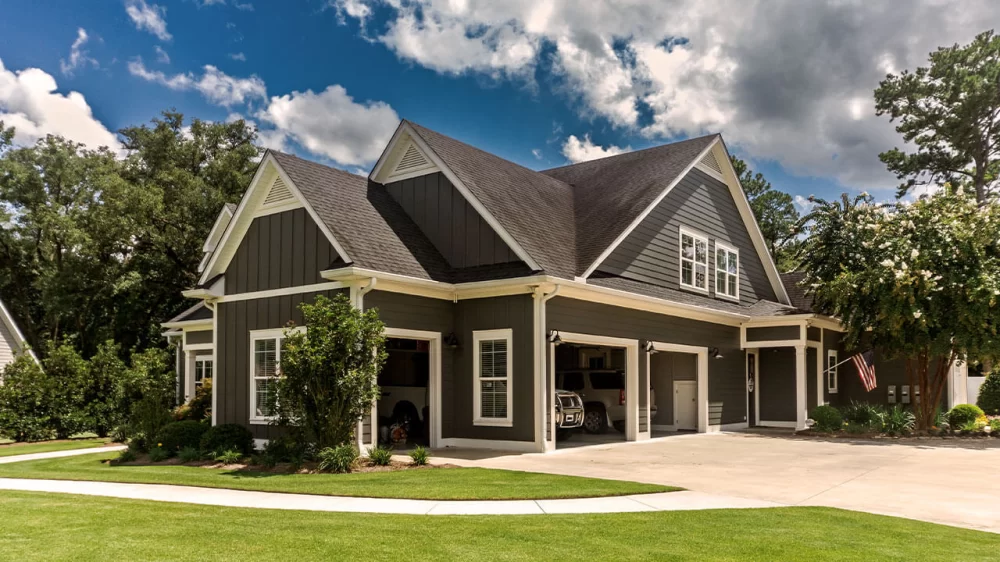
- 1. Consider Location Carefully
- 2. Explore Financing Options
- 3. Evaluate Rental Potential
- 4. Understand Tax Implications
- 5. Focus on Long-Term Returns
1. Consider Location Carefully
When purchasing a second home for investment, location is undoubtedly one of the most important factors to consider. The right location can make a significant difference in the property's value, rental income potential, and long-term returns. Ideally, choose a location that is in high demand for either vacation rentals or long-term tenants. Popular tourist destinations or areas with growing job opportunities tend to have strong real estate markets.
For example, a friend of mine invested in a second home in a small but rapidly developing coastal town. Despite initial skepticism, the property’s value increased significantly over the years due to rising tourism and infrastructure development. This is a classic example of how choosing the right location can have a tremendous impact on your investment’s success.
2. Explore Financing Options
When buying a second home for investment purposes, understanding your financing options is critical. The process is different from purchasing a primary residence, and it’s essential to explore various mortgage options, such as conventional loans, jumbo loans, or even using the equity in your primary residence as collateral. Lenders typically require a larger down payment for investment properties, which is something to keep in mind when budgeting for your second home purchase.
It's also worth considering other financing methods, such as taking advantage of government-backed loans for investment properties or working with a financial advisor to develop a tailored investment strategy. The goal is to ensure that your financing plan aligns with your investment objectives and provides the best possible return on investment (ROI).
3. Evaluate Rental Potential
One of the primary reasons for buying a second home is the potential for rental income. Whether you’re looking for short-term vacation rentals or long-term tenants, evaluating the rental potential of the property is a must. Consider factors like demand for rental properties in the area, average rental rates, and occupancy rates. Make sure you also research local rental regulations to avoid surprises down the road.
For instance, a family I know invested in a second home in a popular mountain resort town. They originally planned to rent it out seasonally, but they found that long-term rentals in the area offered a more stable income stream. By adapting their rental strategy to the market conditions, they were able to maximize their rental income while minimizing vacancy risks.
4. Understand Tax Implications
Tax considerations are a critical part of buying a second home for investment purposes. The tax treatment for a second home can vary depending on whether you plan to use it for personal vacations or rental purposes. In most cases, rental income is taxable, but you may also be able to deduct certain expenses, such as mortgage interest, property taxes, and maintenance costs. It’s essential to consult a tax professional to understand the specific tax implications of your investment and how to make the most of available deductions.
One key point is that if you use the home for personal vacations and rent it out for less than 15 days a year, you may not need to report the rental income. However, if you rent it for more than that, the income is generally taxable, and you’ll need to follow the IRS rules for reporting it. Make sure to factor these potential tax implications into your investment plan.
5. Focus on Long-Term Returns
Real estate investment is typically a long-term game. While some investors may see immediate returns, the best gains often come after years of holding the property. When purchasing a second home for investment, it’s essential to focus on long-term growth and not just short-term profits. Look for properties in areas that are likely to appreciate over time, and take steps to maintain and improve the property to increase its value.
For example, an investor I know purchased a second home in a suburban area that was initially undervalued. Over several years, the area saw significant development, including new shopping centers, schools, and infrastructure projects. As a result, property values increased, and his investment yielded a substantial return. This demonstrates that the real key to success in real estate investment is patience and careful planning.
In conclusion, buying a second home for investment is a fantastic way to build wealth, but it’s important to approach it strategically. Consider location, financing options, rental potential, tax implications, and long-term returns to maximize the success of your investment. For more guidance and the best selection of products, services, and properties, visit Your Private Space to find the right resources for your investment journey.








